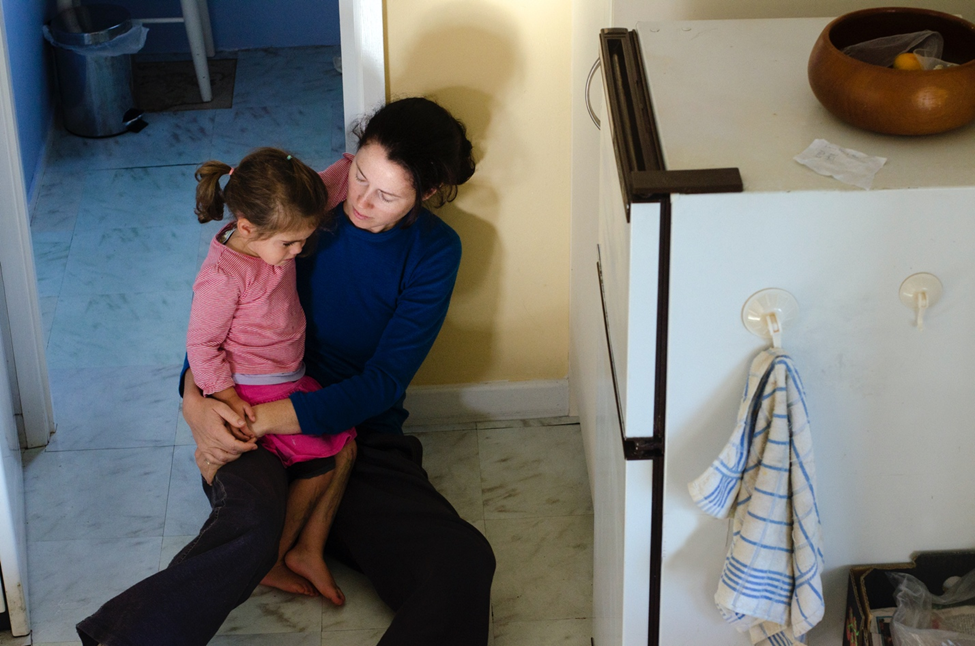According to the Social Security Administration (SSA), most Supplemental Security Income (SSI) recipients have no other source of income. For these individuals, SSI disability benefits are their only means of covering their most basic living costs. A successful application process is therefore critical. While approved SSI applications can lift disabled Americans out of poverty, denied applications may lead to serious economic pressures. Food and shelter are at stake when applying for SSI disability benefits, and applicants can raise their chances of positive outcomes by avoiding a number of common mistakes. That being said, each situation is slightly different. A consultation with an experienced Social Security lawyer in Michigan may help each applicant choose an effective strategy based on their unique circumstances. Choose Bruce L. Weider, PC and call (734) 485-0535 to discuss these factors in more detail.
Mistake Number One: Not Fully Understanding How SSI Works
Applicants who do not fully understand how SSI works may struggle to file successful applications. Although many applicants choose to work with an experienced Social Security lawyer and take advantage of their advice, it makes sense to accumulate some basic background knowledge of the program.
Who Qualifies for SSI Benefits?
According to the Center on Budget and Policy Priorities, the Supplemental Security Income Program serves a number of different people:
- Disabled individuals
- Blind individuals
- Elderly individuals
- Low-income individuals with few assets
SSI Is a Means-Tested Program
All of these individuals have one thing in common: They cannot cover their basic living costs. To ensure that only people who cannot otherwise pay for essentials like food or minimal housing receive SSI benefits, only certain individuals are eligible under SSA guidelines. This is why SSI is considered a “means-tested” program. Although specific requirements may vary, applicants who have a documented disability are often considered eligible for SSI benefits if they earn less than $1,500 per month and have less than $2,000 in assets.
Many SSI Applicants Must Appeal Denied Claims To Receive Benefits
Those who research SSI disability statistics will learn that a significant portion of applicants only receive benefits after appealing their denied claims. According to the Center on Budget and Policy Priorities, 10% of approved recipients filed applications that were initially rejected. Of this 10%, 3% had their applications approved after reconsideration by the SSA. The remaining 7% had to appeal to administrative law judges before they were finally approved. This shows that appealing denied claims is often necessary. New applicants should keep this in mind.
Mistake Number Two: Not Taking Into Account Other Options
Before applicants file for SSI disability benefits, they should make sure that this is the most fitting and appropriate option. There are many other possibilities, and applicants may qualify for some forms of assistance instead of others. In addition, it is important to note that some applicants may be approved for multiple sources of assistance simultaneously. In other cases, applicants may encounter consequences for claiming multiple sources of assistance at the same time. This is why it may be helpful to get targeted advice from a qualified Social Security lawyer in Michigan such as Bruce L. Weider, PC.
Individuals who meet the criteria for both programs are permitted to receive both SSI and SSDI (Social Security Disability Insurance) benefits simultaneously. The SSA often refers to this situation as “concurrent benefits.” In Michigan, SSI recipients may also qualify for food stamps under the Michigan Combined Application Project (MiCAP). On the other hand, applicants may encounter issues if they try to claim too many forms of assistance at the same time. Claiming unemployment insurance, in particular, can reduce SSI benefit payments or even end them altogether.
Mistake Number Three: Not Prioritizing Personal Health
Those who pursue SSI disability benefits must prioritize their personal health before, during, and after the application process. The most obvious way to do this is to get regular treatment for any health issues – especially those related to disabilities. Proving the existence of a disability without appropriate medical records is almost impossible. If a healthcare professional never diagnoses a patient with a qualifying condition, then the SSA will likely deny the resulting application for SSI disability benefits even though the individual may in fact be suffering terribly from that condition.
Recipients should also continue to pursue healthy lifestyles even after the disability has been diagnosed and recorded. This includes regular check-ups and appointments as recommended by healthcare professionals. The SSA and judges may call lifestyle choices into question – particularly when it comes to substance abuse. This is because the SSA has a clear policy of actively preventing recipients from funding addictions with SSI benefits.
Mistake Number Four: Applying Too Early
It may be beneficial to wait before filing your application for SSI disability benefits. Social Security benefits generally increase after an applicant reaches full retirement age. Those who delay their applications even further after reaching full retirement age may experience even greater benefits. Social Security lawyers in Michigan may recommend waiting, especially if applicants are very close to full retirement age as they approach their eligibility for SSI disability benefits. Full retirement age depends on various factors, but is usually over 65 years.
Mistake Number Five: Applying Too Late
Applicants may also apply too late for SSI disability benefits. While delaying an application can increase benefits, it may also prove to be a pointless improvement. Those who encounter serious financial pressures may benefit more from claiming SSI benefits as soon as possible, especially if they are facing steep medical bills or are already at an advanced age. Ultimately, the best time to file for SSI benefits depends entirely on the unique circumstances of each person.
Speak With an Experienced Social Security Lawyer in Michigan
To discuss the most appropriate application strategy based on these unique circumstances, reach out to Bruce L. Weider, PC today at (734) 485-0535. While there are many common mistakes associated with applications for SSI disability benefits, effective legal advice can help disabled Americans overcome these potential roadblocks in their pursuit of financial security.






